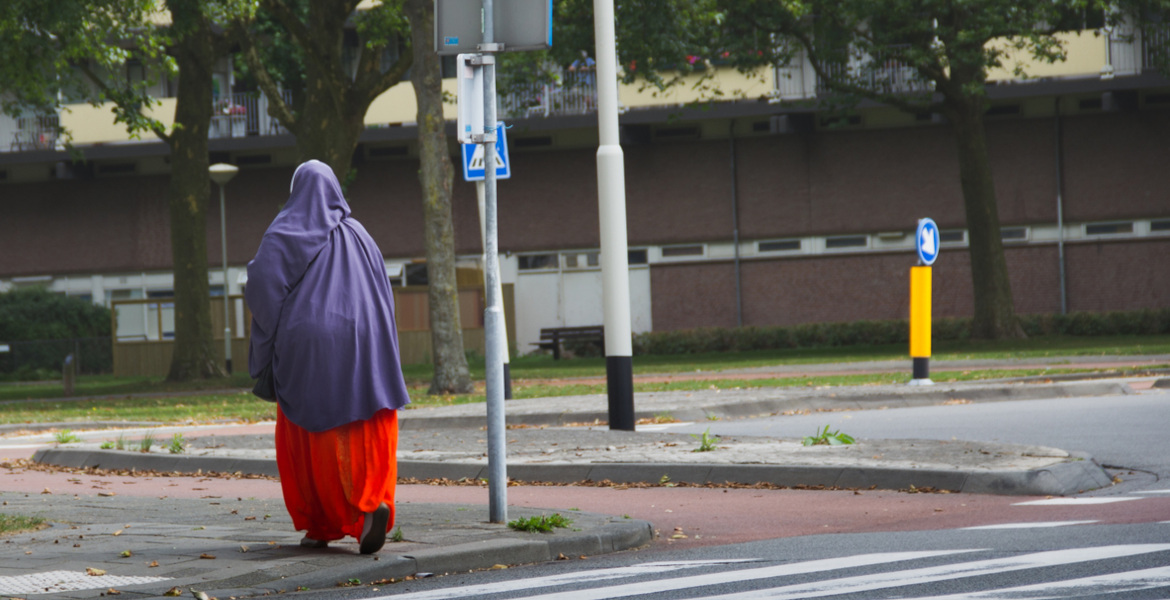Oslo becomes the third major city in Europe to openly embrace Islam and publicly celebrate the Muslim holiday of Ramadan with special signage and lighting.
– This is an important symbol that Oslo stands for community, inclusion and diversity, says Eirik Lae Solberg, chair of the city council.
The City of Oslo's decision to celebrate Ramadan has attracted both support and reservations among the city's residents, reports Norwegian tabloid Verdens Gang (VG). Not surprisingly, support is strongest among the Muslim population.
The decision to become the next major city in Europe to openly take a stand for Muslim special interests comes in the wake of first London and then the German city of Frankfurt's decision to celebrate Ramadan, as reported by German tabloid magazine Bild.
"Important symbol"
Chairman of Oslo City Council Eirik Lae Solberg (Høyre) referred to London's initiative as an inspiration for Oslo and underlined the city's commitment to "being inclusive and appreciating diversity".
– You are a very important part of the diversity that makes Oslo Oslo Oslo. Therefore, I am very happy that we now have Ramadan lights here at City Hall. It is an important symbol that Oslo stands for community, inclusion and diversity, Solberg said in her opening speech on Sunday afternoon.
A position that critics of the decision claim can be seen as a clear indication of increased Islamic influence in Norway.
Among other things, they argue that the city's decision to spend over NOK 1 million on Ramadan lighting can and should be questioned, especially when funds are taken from the Car-Free City Life initiative. There are also concerns that religious and cultural elements could be introduced into the city at the expense of its secular identity.
Some more vocal critics, such as the association Stop the Islamization of Norway (SIAN), burned a Koran outside the city's town hall during the opening to protest the decision.
Making Ramadan Great Again:@EWagensveld burning Quran with @wwwSIANno
outside parliament in Oslo yesterday. pic.twitter.com/9oHkRt1thg— Imtiaz Mahmood (@ImtiazMadmood) March 10, 2024
"We are fortunate"
Oslo City Council member Lae Solberg (H) said the initiative "is an important symbol of community, inclusion and diversity". During the opening ceremony, this was further emphasized with speeches by representatives from Muslim organizations.
Not surprisingly, the Islamic Council of Norway has expressed its gratitude and joy for the City of Oslo's participation in the Ramadan celebrations. In his speech, Masoom Zubair from the Islamic Council of Norway praised the city's decision.
– We are fortunate to be part of this historic moment. It is with great joy, pride and gratitude that I stand here today to mark the fact that the City of Oslo wants to mark and celebrate Ramadan with all of us.
The Ramadan lights, which now illuminate Roald Amundsens gate and Fridtjof Nansens plass, will remain lit until April 8, when the month of fasting ends.





